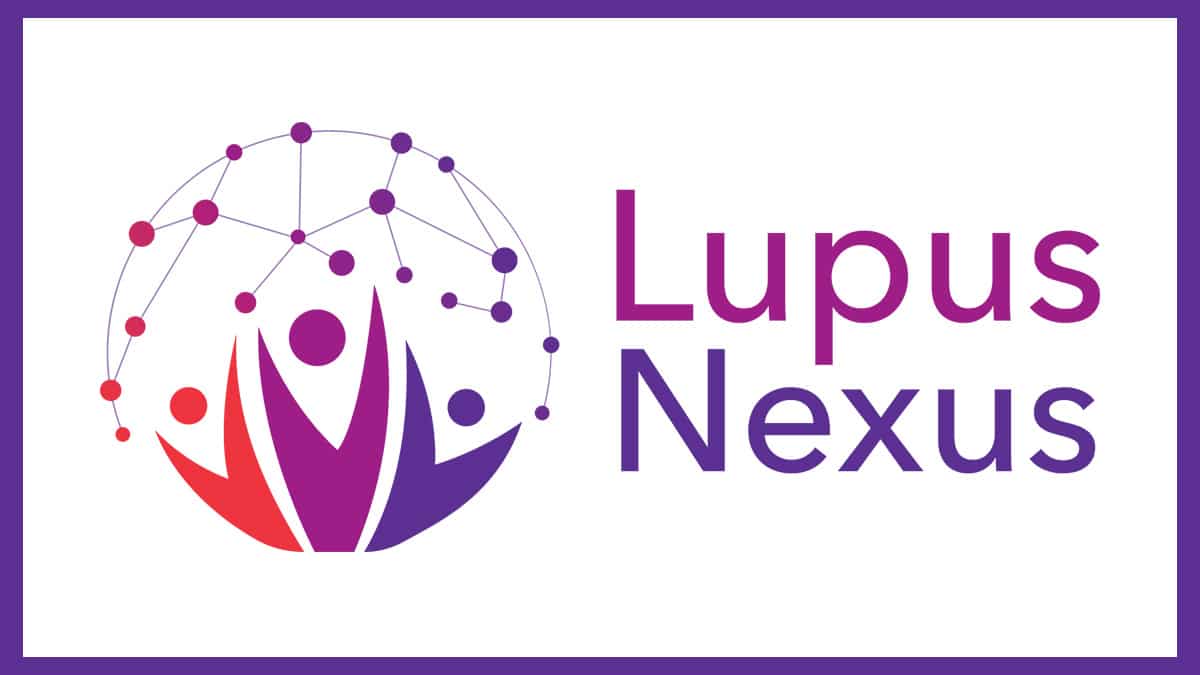LRA Announces Partners on the First Anniversary of the Lupus Landmark Study

LRA Announces Partners on the First Anniversary of the Lupus Landmark Study
The Lupus Research Alliance (LRA) and its clinical research affiliate Lupus Therapeutics (LT) are pleased to announce the group of industry partners working together on the implementation of the Lupus Nexus. The Lupus Nexus, one of LRA’s most ambitious and groundbreaking endeavors, is a first-of-its-kind lupus registry, biorepository, and data exchange platform that aims to accelerate lupus research and translation.
The Lupus Nexus comprises four infrastructure components: the Lupus Landmark Study (LLS); Clinical Coordinating Center; Biorepository; and the Data Repository, Exchange, and Analysis (DREAM) platform. Launched last year, the Lupus Landmark Study is a prospective, longitudinal study that will recruit about 3,500 persons living with lupus over 5 years. The LLS will be a rich source of longitudinal patient data (clinical and patient reported) and linked biospecimens, which will allow investigators to address emerging questions in lupus research. Importantly, the raw data from all analyses conducted on the biospecimens will be deposited into the DREAM platform, creating a deep and comprehensive dataset over time.
“As a highly heterogeneous disease that affects each person differently and has few treatment options, there is an urgent need to understand the underlying disease mechanism of lupus to guide the development of personalized treatments,” noted Teodora Staeva, Ph.D., Chief Scientific Officer at the Lupus Research Alliance. “The Lupus Nexus will accelerate lupus research and drug development by providing not only access to highly curated longitudinal samples and data but by creating an unique information exchange ecosystem.”
“We are proud to have engaged such a superb cadre of top companies in their respective fields,” noted Devon D. Kelly, Director, Lupus Nexus, LRA. “Working in concert, this team of partners is furnishing all the behind-the-scenes nuts and bolts needed for the Lupus Nexus, building a resource for researchers around the world to exchange information and collaborate in a way never before possible.”
Watch this video to hear from Devon Kelly, Director of the Lupus Nexus at LRA, about how the Lupus Nexus and the Lupus Landmark Study will make a difference in the lives of people with lupus.
Lupus Nexus Partners
Each of the following six partners are providing specific expertise to build and maintain the Lupus Nexus.
The LLS Clinical Study partner Embleema is working with the clinical trial sites recruiting for the Lupus Landmark Study, to provide operational resources that include an electronic data entry system for clinical site coordinators to enter patient data and ask any questions. The LLS Biorepository partner Azenta Life Sciences is managing the biospecimens collected in the Landmark Study, providing each study site with kits to collect biospecimens from patients and then processing, storing, and maintaining an electronic inventory of all the samples submitted.
Two companies are supplying their testing technology to allow sites to monitor disease activity among study participants. DxTerity Diagnostics, Inc. is providing their Autoimmune Profile (AIP) Test, which measures the levels of various immune genes to help monitor patients’ lupus disease activity and response to treatment. Progentec Diagnostics, Inc. is providing their Disease Activity Index (DAI) informed by a set of 10 unique immune mediators that characterize lupus disease activity and assesses risk for active disease, as well as their Flare Risk Index (FRI), which measures levels of a unique set of 11 immune proteins to determine the risk of imminent clinical disease flare in the next 12 weeks.
The Data Repository, Exchange & Analytics Platform (DREAM) Platform is being deployed on Amazon Web Services (AWS) and will be built by two companies providing their research software expertise. Lifebit is developing the platform to organize the data and create the knowledge-exchange portal which researchers will use to access data, conduct groundbreaking research, and share their discoveries. Sano Genetics’ tech-forward solution to drive meaningful community engagement will allow study participants to view their own clinical and research data. The company’s software will also create an interactive online community for people living with lupus and others interested in making a difference in the lupus community.
Together these six partners are building the infrastructure to enable scientists to access critically needed data from people with lupus who represent the wide diversity of the disease. The project promises to help scientists better understand the complex heterogeneity of lupus and to facilitate the development of more effective ways to diagnose, monitor, predict progression and treat people with lupus.



